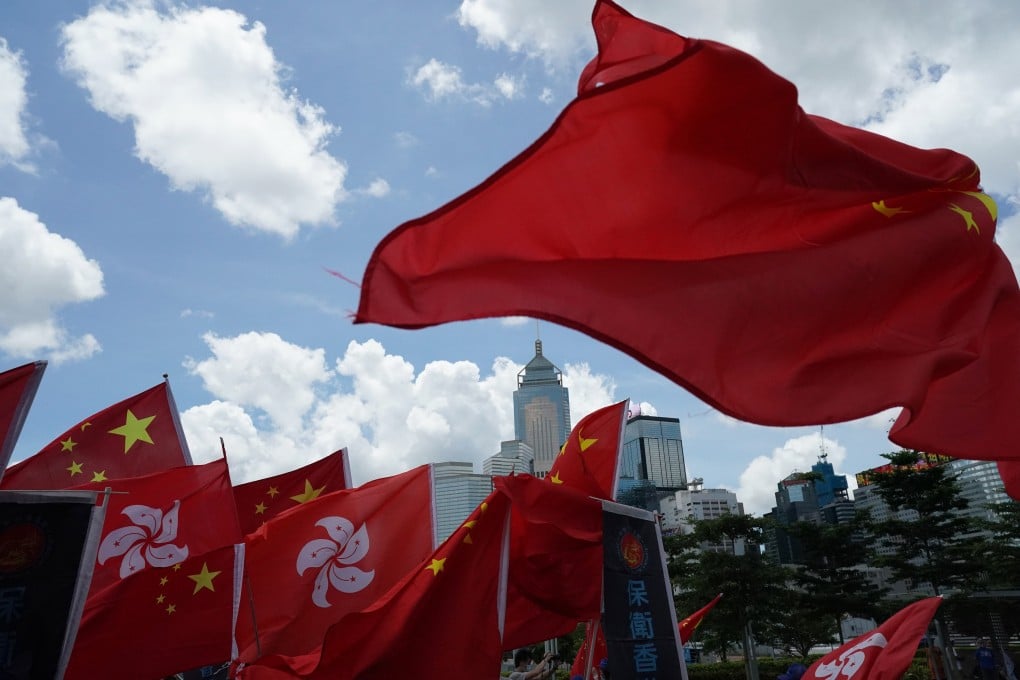Mainland Chinese office overseeing national security in Hong Kong ‘puts freedoms at risk’
- The agency will make policy recommendations to government and pursue cases
- While the office is supposed to abide by local laws, no Hong Kong authorities have the power to review its activities, worrying scholars

The Office for Safeguarding National Security of the Central People’s Government being set up in the city has been given vastly greater powers than expected, ranging from collecting intelligence, to handling cases and strengthening management of international non-government organisations and news agencies.

03:33
Beijing passes national security law for Hong Kong
One of the six chapters lays out the power and duties of the new mainland China agency, which will be funded by the central government, with staff coming from relevant national security authorities.
The office will assess the city’s national security developments and make proposals on major strategies and policies. It is also tasked with collecting and analysing intelligence, as well as handling cases concerning national security.
Mainland Chinese national security officers will be part of Beijing’s new agency in the city, the Office for Safeguarding National Security, whose staff will have to observe local laws but will not be under Hong Kong jurisdiction while carrying out their duties.
The officers and the vehicles used while carrying out their duties are not subject to checks or scrutiny of Hong Kong’s law enforcement agencies. The law specifies all departments of the local administration must “provide necessary facilitation and support” to the new mainland China agency or risk being held accountable.